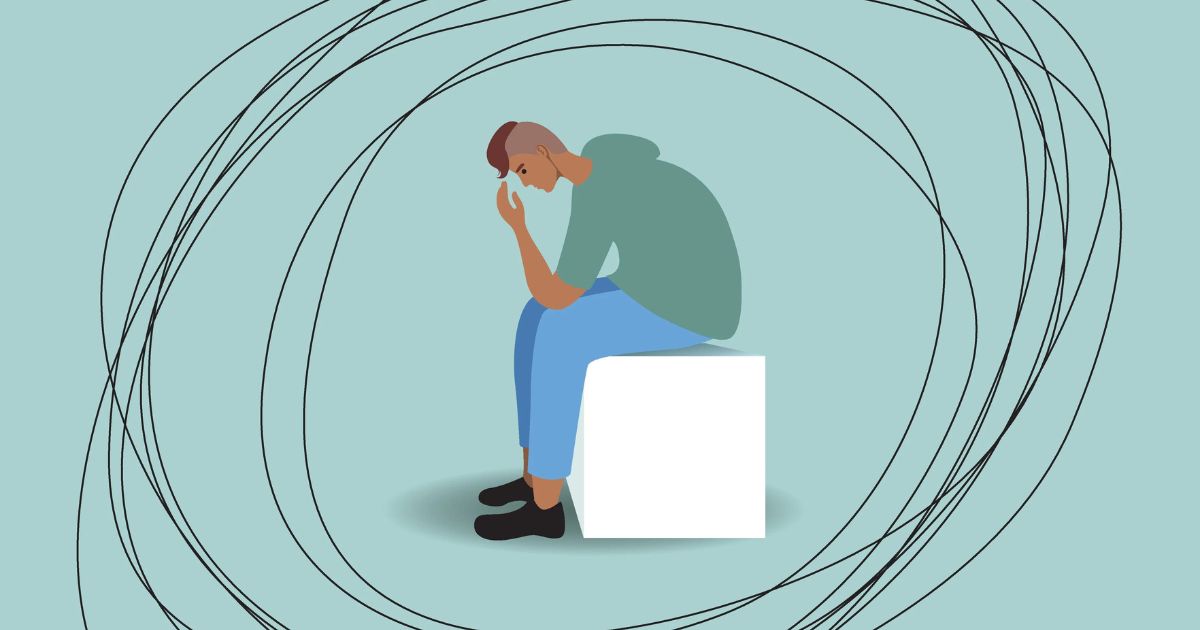As of Monday, a new state law providing access to mental health resources has come into effect, bringing much-needed relief to first responders grappling with post-traumatic stress disorder (PTSD).
Senate Bill 24, sponsored by Sen. Lincoln Hough, has paved the way for a significant change in the treatment and support of first responders by providing them with access to worker’s compensation for PTSD-related challenges.
Traditionally, worker’s compensation has been associated with physical injuries sustained on the job. However, this new legislation recognizes the often invisible but equally impactful toll that PTSD can take on the mental health and well-being of first responders.
New Bill To Provide Access To Mental Health Resources
The bill ensures that a first responder doesn’t need to have a physical injury to qualify for worker’s compensation benefits, offering a crucial lifeline to those who have faced traumatic experiences in the line of duty.
Moreover, the bill encompasses a broader vision for mental health support by establishing a voluntary benefits pool tailored specifically for first responders seeking mental health treatment.
This initiative reflects a commitment to not only acknowledge the mental health struggles faced by these professionals but also to actively provide avenues for seeking help and healing.
Under the new law, eligible first responders can access mental health treatment with coverage reaching up to $10,000, a vital resource that can make a significant difference in their journey toward recovery.
The implementation of Senate Bill 24 is not just a legal change; it signifies a substantial shift in the recognition and prioritization of first responders’ mental health.
Gale Blomenkamp, the assistant chief of the Boone County Fire Protection District, attests to the prevalence of PTSD among first responders. Blomenkamp’s statement underscores the critical need for comprehensive mental health support within the first responder community.
The passage of this law is a testament to the growing awareness of the emotional toll that the nature of their work can have on these heroes.
Often exposed to traumatic events, first responders are at a higher risk of developing mental health conditions like PTSD due to the stress and emotional burden associated with their roles.
By acknowledging and addressing this reality, lawmakers are taking a proactive step toward fostering a healthier and more supportive environment for those who dedicate their lives to protecting and assisting others.
The significance of Senate Bill 24 goes beyond the legal framework. It sends a message that mental health matters and that those who selflessly serve their communities deserve the resources and assistance necessary to maintain their own well-being.
This legislation sets a precedent for other states to follow, encouraging a broader dialogue around mental health support for first responders and the importance of destigmatizing conditions like PTSD.
As the new state law comes into effect, it marks a milestone in the ongoing effort to ensure that first responders receive the care and recognition they rightfully deserve.
The inclusion of mental health in worker’s compensation and the establishment of a benefits pool for mental health treatment signify a turning point in prioritizing the emotional and psychological welfare of these dedicated individuals.
This momentous step forward has the potential to shape a more compassionate and resilient future for first responders across the state, reaffirming their value and the importance of safeguarding their mental well-being.




























